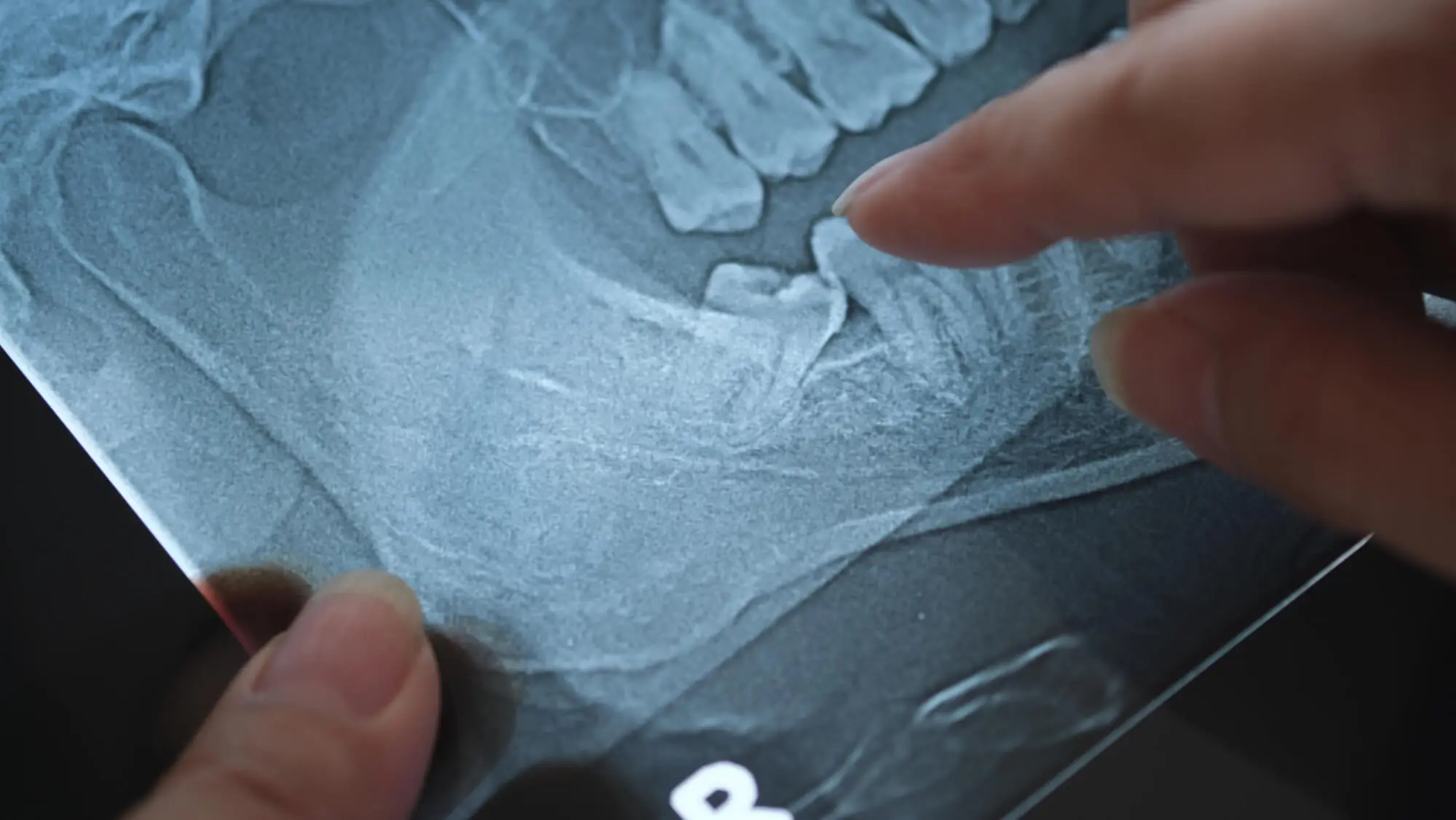
If your third molars have started to grow, the dentist will likely suggest wisdom teeth removal in Phoenix. However, you might wonder if it’s really necessary to extract all of them, even if they’re not causing pain. It’s a common concern, and the answer isn’t always a simple yes or no.
While some people may benefit from removing their wisdom teeth early, others can keep them for their lifetime without issues. Understanding what a dentist evaluates when making this decision can help you feel more confident about your options and do what’s best for the health of your smile.

What Are Wisdom Teeth?
Wisdom teeth, professionally known as third molars, are the last set of teeth to emerge in your mouth. They're referred to as "wisdom teeth" because they typically come in during your late adolescence or early adulthood, when you're supposed to be more mature and wiser!
Not all adults develop wisdom teeth; some develop only two teeth instead of the complete pair, or do not grow any wisdom teeth at all. This is because of evolutionary changes.
Historically, wisdom teeth were essential for breaking down tough, coarse foods. However, once we started cooking our meals, they became less necessary for chewing. As a result, our jaws became smaller, leaving insufficient space for third molars to emerge properly.
When Can Wisdom Teeth Stay?
Unlike popular belief, not all wisdom teeth require removal. In some cases, they erupt normally and don’t cause any complications. That’s the case when your third molars:
- Come in straight, fit well within your bite, and don’t crowd your other teeth.
- Are easy to clean and haven’t developed cavities or gum issues.
- Aren't causing discomfort, headaches, or jaw pain.
Even in these ideal situations, your dentist will likely recommend regular X-rays to monitor any changes. Unfortunately, these cases aren’t common norms.
When Wisdom Teeth Need to Be Removed
While some patients can keep their wisdom teeth, doing so will increase the risk of problems. Dentists consider removal to be the best option in situations when:
1. Your Wisdom Teeth Are Impacted
An impacted tooth does not fully emerge from the gums. This is the most common reason for wisdom tooth extraction, as a partially emerged tooth is more prone to accumulating food leftovers and bacterial plaque. Over time, this can lead to cavities, gum disease, cysts, or damage to nearby teeth.
There are different types of impactions (horizontal, vertical, and angular), and not all cause immediate symptoms. This makes regular dental checkups and close monitoring essential for growing mouths.
2. Fear of Crowding and Alignment Problems
Even if your wisdom teeth erupt fully, they may still push against nearby teeth, leading to crowding or bite misalignment. This is especially concerning if you’ve had orthodontic treatment, as it can throw away all your years of hard work.
Dentists often recommend removing wisdom teeth preventively to avoid this damage.
3. Persistent Pain or Discomfort
Pain in the back of the mouth—especially when chewing or opening your jaw—is a big indicator that your wisdom tooth is causing issues. Sometimes, this pain is temporary, but it often signals a deeper concern, such as impaction or inflammation.
Don’t ignore persistent or recurring pain. A dental evaluation can determine if your wisdom teeth are the source.
4. Gum Infections
Pericoronitis is a gum infection that often occurs around partially erupted third molars, also known as wisdom teeth. It can cause swelling, bad breath, and difficulty opening the mouth. This infection can spread if left untreated, so dentists often prescribe antibiotics to target it at its root.
The problem lies in the recurrence of pericoronitis. Dentists try to minimize repeated antibiotic use to prevent the development of antibacterial resistance, especially when the affected tooth remains susceptible to reinfection. Dentists will consider extraction to be mandatory if you develop pericoronitis at least twice.
5. Tooth Decay and Gum Disease
Wisdom teeth are located far back in the mouth, making them harder to clean. Even if they erupt properly, plaque and bacteria can build up around them, leading to cavities or periodontal disease.
When a wisdom tooth has partially erupted, treating tooth decay becomes impossible. We cannot ensure the dry environment necessary to attach a composite filling and restore the tooth. Additionally, root canals cannot be performed because it’s too difficult to properly see your tooth’s canals that far into your mouth.
If this decay is left to fester by avoiding extraction, the surrounding teeth can become infected as well, potentially damaging healthy, necessary teeth.
What an Oral Surgeon Considers Before Recommending Extraction
If you're consulting with a dentist about your wisdom teeth, here’s what they’ll typically evaluate:
- X-ray Imaging: Helps assess impaction, alignment, and potential future problems.
- Age and Jaw Development: Younger patients often recover more easily from surgery, and removal is often recommended before the roots have fully developed.
- Oral Hygiene and Access: If brushing and flossing around your wisdom teeth is difficult, decay is more likely to occur.
- Current Symptoms: Pain, swelling, or infection are clear signs that removal may be needed.
- Risk vs. Benefit: Extraction is usually the safer option if the risks of keeping the tooth outweigh the benefits.
Every case is unique, and a trusted oral surgeon will consider your full oral health picture—not just whether you have wisdom teeth.
Non-Surgical Alternatives for Managing Wisdom Teeth
In cases where removal isn't urgent, dentists may recommend:
- Close Monitoring: Regular exams and X-rays every 6–12 months
- Improved Oral Hygiene: Specialized brushing techniques or tools to clean hard-to-reach areas
- Medications: Temporary relief from inflammation or infection using antibiotics or anti-inflammatories
However, these alternatives only work when the teeth are not currently causing damage or pain.

Trust an Oral Surgeon for Your Wisdom Teeth Removal in Phoenix
While not all wisdom teeth require removal, many do—especially if they're impacted, misaligned, or causing symptoms. The key is to consult with a trusted oral surgeon who can assess your specific case and evaluate the long-term consequences of skipping extraction.
Ultimately, the decision to remove wisdom teeth is based on preventing future problems and maintaining overall oral health. If you’re nervous about the procedure, opt for extraction with an oral surgeon to bring the peace of mind and added expertise you need.
Contact Butura Oral & Dental Implant Surgery, and feel at ease knowing the best professionals are taking care of your mouth!




